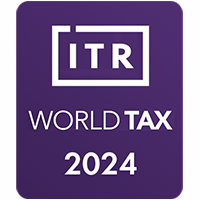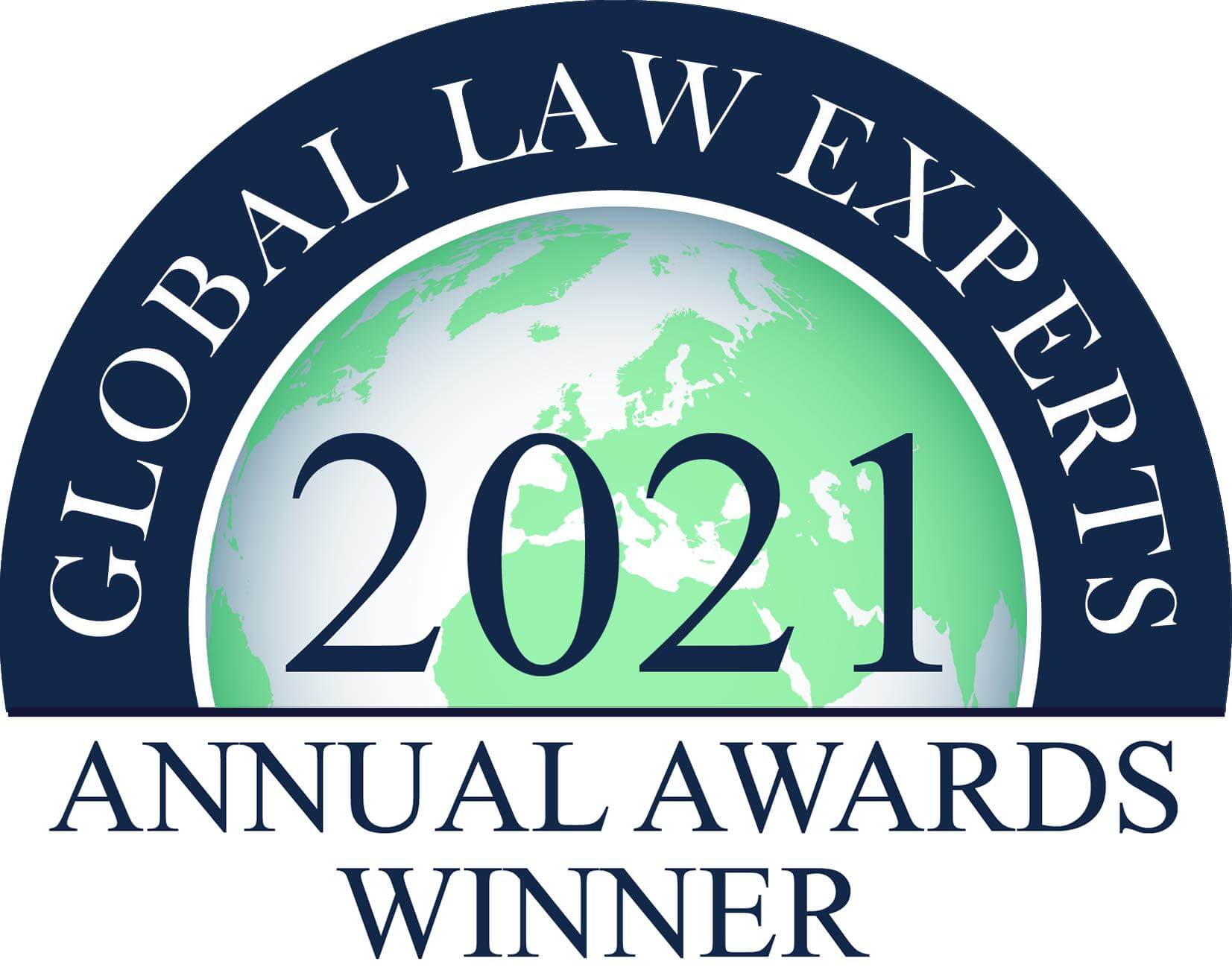The opposite evidence versus external signs of wealth
In 2011 the firm obtained a rare decision in favour of the taxpayer from the Constitutional Court, after contesting the taxation system based on ‘external signs of wealth’ pursuant to Article 168 of the Tax Code (CC, 21 January 2011, no. 2010-88 QPC, Boisselier, RJF 2011, no. 482). The most inconsistent aspects of Article 168 were found to be unconstitutional. Essentially, the firm successfully argued that this article could not be interpreted as prohibiting taxpayers from producing evidence that their theoretical income determined by the flat-rate taxation system is incorrect, without violating the principle of equality.
This decision weakens all tax legislation laying down irrebuttable taxable base presumptions. It had an immediate effect on the case law of the Conseil d’Etat, which consequently now permits a taxpayer to produce proof that the amount of tax determined as a result of automatic taxation may be excessive, even when the law (Article L.16, paragraph 3, of the Tax Procedure Code) appears to prohibit this (CE 30 March 2011, no. 334-895, Uy, RJF 2011, no. 678).
It subsequently served as inspiration for the Conseil Constitutionnel, in its ruling of 20 January 2015, regarding operations carried out with Non-Cooperative Countries and Territories (NCCT), which stated that the taxpayer should be authorised to produce evidence that their shareholding in a company incorporated in an NCCT corresponded to actual operations without the purpose or effect of fraudulently domiciling profits in that country (CC, 20 January 2015, AFEP and others, no. 2014-437 QPC). Extended in a decision of 25th November 2016 (n° 2016-598 QPC), this solution directly leads to the formulation of an « interpretive reservation » from the Conseil constitutionnel about the lump-sum basis of article 123 bis of the French Tax Code (CC, 1 March 2017, n° 2016-614 QPC; 6 October 2017, n° 2017-659 QPC), applicable to deemed distributed incomes by entities established in States which do not have an agreement on mutual administrative assistance with France.






